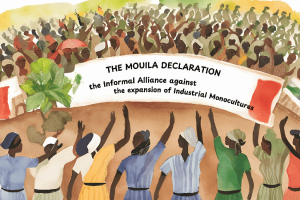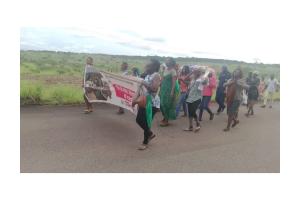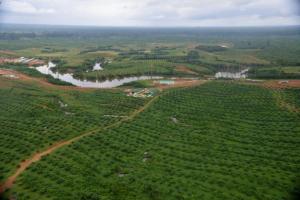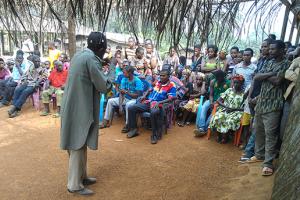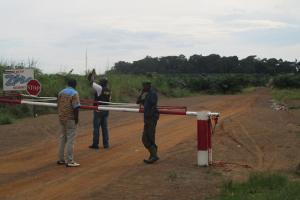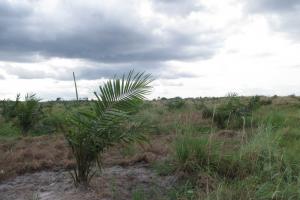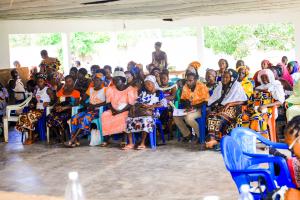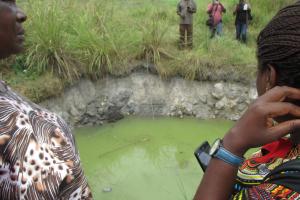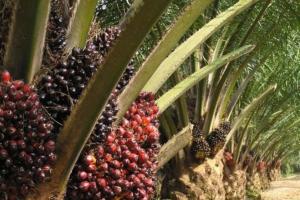Struggles Against Tree Monocultures
Corporate profit drives land grabs to install industrial tree monocultures. Where industrial plantations take root, communities' territories and lives are violently invaded, their forests destroyed and their water polluted. When communities resist, companies tend to respond with aggression. Despite this extreme violence, communities around the world are resisting, organizing and joining forces to defend their territories. Every September 21 the International Day of Struggle against Monoculture Tree Plantations is celebrated.
Communities in West and Central Africa are facing the impacts of industrial oil palm plantations. With the false promise of bringing ‘development’, corporations, backed up with government support, have been granted millions of hectares of land for this expansion.
Patriarchal oppression is inseparable from the industrial plantation model, and it is at the base of how companies generate profits. Companies target women, including due to their fundamental role in community life.
Why haven't Africa's post-colonial governments dismantled the colonial plantation model of exploitation and extraction, returned the lands to their people and emboldened a resurgence of Africa's diverse, local food and farming systems?
What are the experiences of communities living inside or adjacent to the plantation areas of companies with “zero deforestation” pledges? How can these companies continue expanding without deforesting in densely forested countries?
The Singapore-based OLAM company has secured access to 500 thousand hectares of land in Gabon to set up large-scale oil palm plantations, a country with 85% of forest coverage. How can OLAM then claim to follow a “zero deforestation” commitment?
Dekel Oil’s false promises lure villagers into dangerous oil palm growing contracts in Cote d’Ivoire
Land owners in Cote d'Ivoire are trapped in contracts with Dekel Oil, a company that made false promises arguing villagers would become rich by signing contracts to let oil palm monocultures on their land.
The expansion of industrial oil palm plantations by OLAM hit the village of Sanga in the South of Gabon particularly hard: The community's main water source became so polluted that the water is now unsafe for drinking and not suitable for other daily uses.
